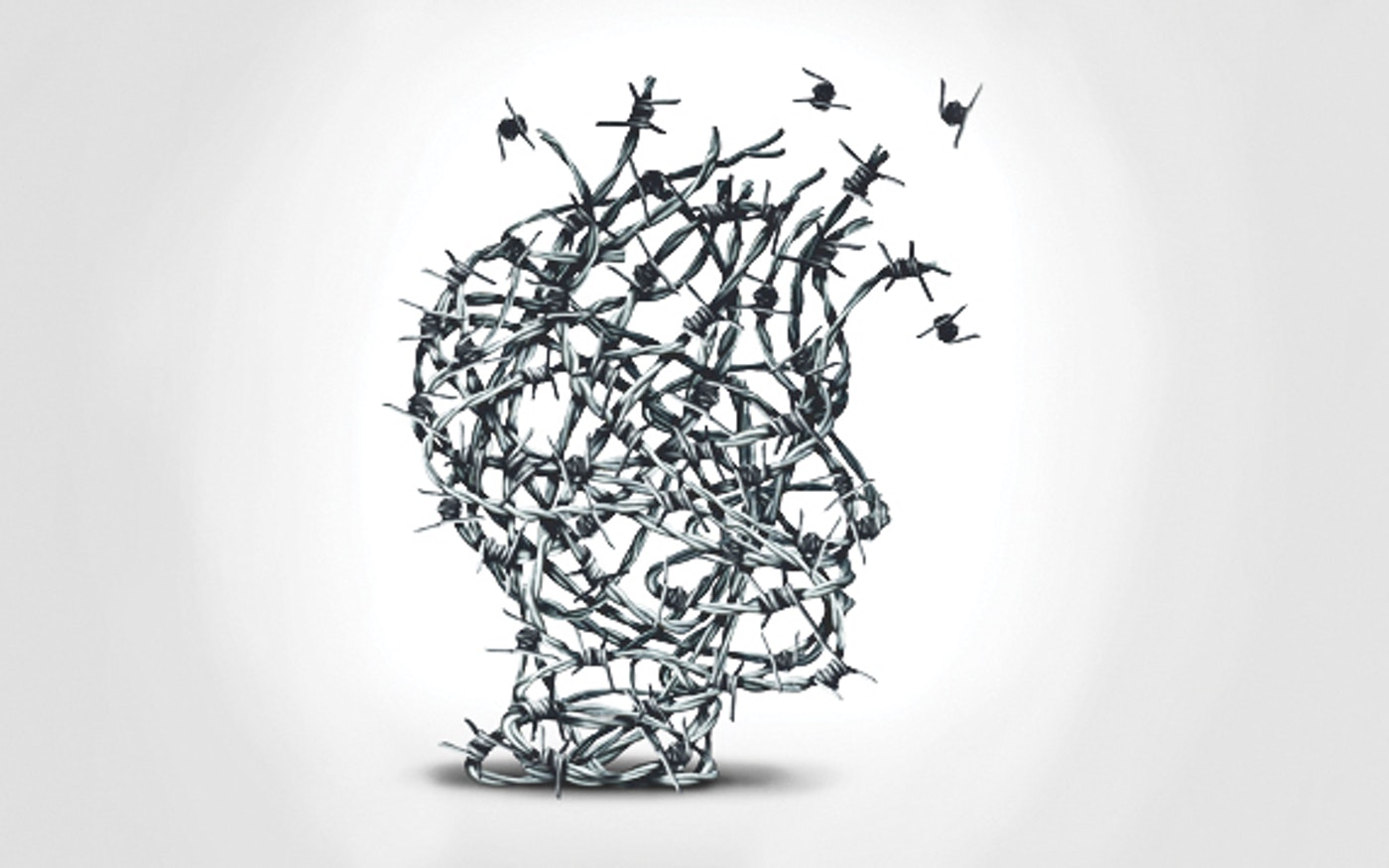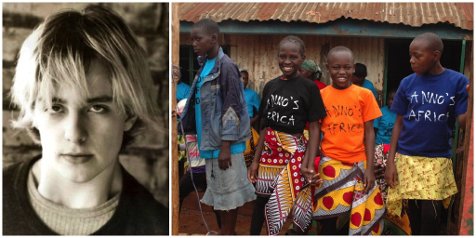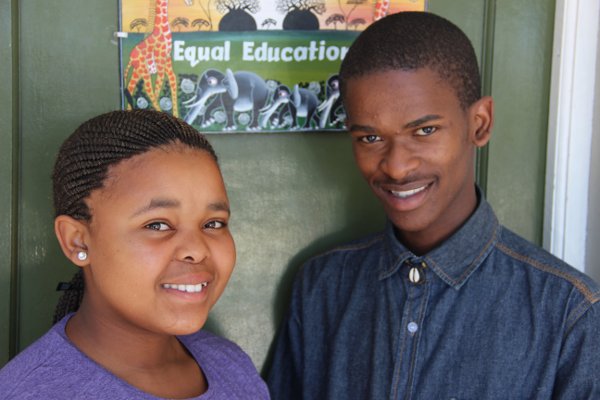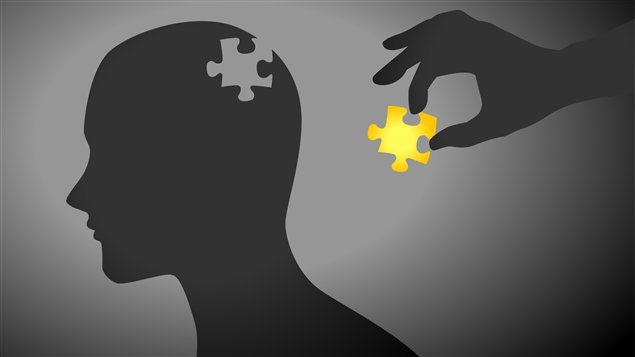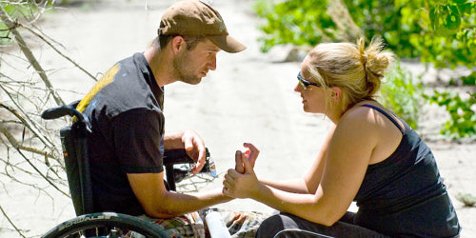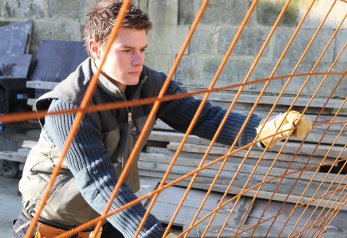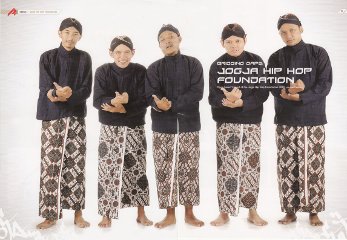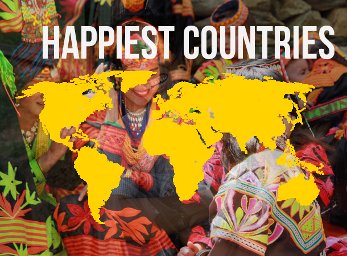Cheng Yen was born in 1937 in Taiwan. She witnessed the devastating effects of war and even experienced bombings in Taiwan during World War II. In 1945 she looked after her sick brother in a hospital for eight months, and so learned more closely about people’s pain and helplessness. At the age of 23, her father died suddenly from brain hemorrhaging caused by a stroke. It was in searching for a burial place for him that Cheng Yen first came into close contact with the Buddhist Dharma ideas. There were two further events that inspired Cheng Yen to take the power of Buddhism and use it to help people in the material world. The first is when she had a now-famous discussion with three Roman Catholic nuns at Pu Ming temple in 1966. While the nuns admitted the profundity of Buddhist teachings, they noted that the Catholic Church had helped people around the world by building schools and hospitals. “But what has Buddhism done for society?” Those words made Master Cheng Yen realize that Buddhism had to do more than simply encourage the private cultivation of people’s souls. The other watershed event occurred in the same year, while Cheng Yen was visiting a hospital in Fenglin. After seeing blood on the hospital floor, she learned that a Taiwanese aborigine woman had a miscarriage. They were forced to carry the pregnant woman back up the mountain after they could not afford the 8000 New Taiwan dollar deposit. In an endeavor meeting the needs of the poor in eastern Taiwan, the above events led Master Cheng Yen to establish the Buddhist Compassion Relief Tzu Chi Foundation on 1966. Cheng Yan encouraged her thirty followers to save fifty cents (US$0.02) from their grocery money every day. They would put this money into little savings banks made from bamboo. In the first year, only fifteen families were helped by thirty followers. Unlike most Buddhist orders, Tzu Chi nuns do not take donations for themselves. Rather, in the early days, they worked for their food by farming, weaving gloves, making diapers and electrical circuit breakers, among other products. By 1970, Cheng Yen came to the realization of the link between poverty and illness after spending six years among the poor of eastern Taiwan. Seeing this, she resolved to tackle the problem and begin Tzu Chi’s medical mission. The first medical outreach occurred in 1972 when a free clinic was opened. In the fifteen years of this outreach, more than 140.000 consultations occurred. The Foundation established its first Tzu Chi Hospital in Hualien in 1986. Plans to build a 600-bed general hospital were developed in 1979 to provide service to the underserved eastern coast of Taiwan. Against all kinds of setbacks, the Foundation has already build six hospitals by now. Bu this is only a small part of Cheng Yen’s activity. In order to address the shortage of nurses on Taiwan’s east coast, and expand the ongoing medical mission, she resolved to build the Tzu Chi College of Nursing. which was founded in 1989 in Hualien. It was the first private nursing college in Taiwan to waive tuition for selected courses, in addition to providing full scholarships for qualified Taiwan aborigine students. Cheng Yen’s commitment to improving access to medical care was continued by the beginning of a bone marrow registry. Her deep feeling for those patients with blood related diseases moved her in this direction in 1992. She referred to the concept of “saving a life without bringing harm to self.” This effort to register bone marrow donors won the endorsement of Taiwan’s government in 1993, when it revamped organ donation laws paving the way for bone marrow donation in the country. This registry became a division of the new Tzu Chi Stem Cells Center, which was founded to improve research and treatment capabilities. By August 2005, Tzu Chi had registered more than 274.000 marrow donors and had matched close to one thousand recipients with compatible donors around the world. Continuing the Mission of Medicine that Cheng Yen has been so dedicated to, she established the Tzu Chi College of Medicine in 1994. This college grew into Tzu Chi University in 2000. Concurrently, she also appealed to Taiwanese people to donate their bodies for medical training, attempting to dispel traditional taboos in the process. As a result of this appeal, public support for body donations surged nationwide. Consequently, at the Tzu Chi College of Medicine, there is one body for every four students to study as opposed to one body for every two hundred students at one school. Tzu Chi’s College of Medicine ratio is the lowest in the country. Still, the most impressive part of her achievements remains in the field of International Disaster Relief. Tzu Chi’s China relief program began in 1991 when devastating floods hit central and eastern China. Despite the cross-Strait political situation, Cheng Yen was able to open up avenues to assist Chinese people who were in desperate need. Despite innumerable obstacles, Cheng Yen has seen the dream of building bridges across the Taiwan Strait through humanitarian assistance realized. Master Cheng Yen has directed Tzu Chi to participate in numerous other relief projects around the world, including sending teams to Indonesia and Sri Lanka in the wake of the devastating tsunami resulting from the 2004 Indian Ocean earthquake as well as to Pakistan after the 2005 earthquake in their northern mountains. The later was done despite poor relations between the governments of the two countries. Other relief projects have taken place in Mongolia, Ethiopia, Nepal, Thailand, Rwanda, Cambodia, North Korea, Azerbaijan, Turkey, Vietnam, the United States, Brazil, Argentina, and numerous other countries. In recent years, the Foundation has mobilized within hours to help people affected by typhoons and other natural disasters in Taiwan by delivering prepared meals, drinking water, and providing financial assistance to help victims replace what has been lost Last but not least, Cheng Yen launched a television channel in1998. The goal behind this effort was to provide television that was free from violence, war, exploitation, and other negative things that pollute the human spirit. Da Ai continues to operate today. Commercial-free, it operates twenty-four hours a day and is partially funded by a nationwide recycling effort. Individuals and corporations also provide donations to allow the channel to maintain its commercial-free status. Da Ai features non-political news generally free of negativity and violence, teaching lectures from Cheng Yen and serial programs designed to extol the virtues of living a good life, often profiling people who made major changes in their life for the better. She still broadcasts every week-day morning a 25-minute address “Wisdom at Dawn”. Every evening, she gives another twelve-minute address. She rises early in the morning and often receives visitors, and actively oversees the many projects that Tzu Chi operated throughout Taiwan. To accomplish this, she makes monthly trips around the country to see what volunteers are doing to better the lives of those they assist – the Foundation now has volunteers from 50 countries, with 502 offices worldwide. 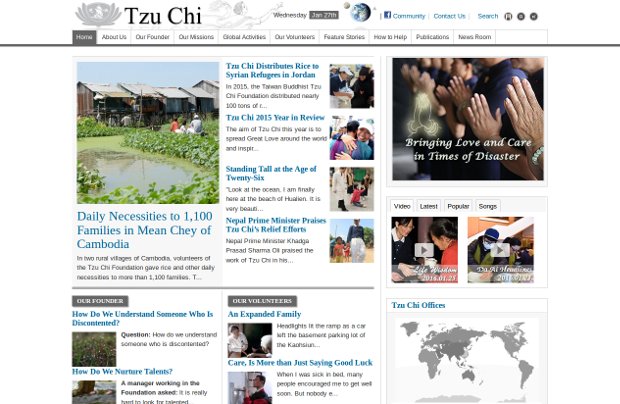 Website: http://tw.tzuchi.org/en/
Website: http://tw.tzuchi.org/en/
Life of the “Mother Teresa of Asia”
![]()
STAY IN TOUCH
SUBSCRIBE TO OUR NEWSLETTER
AND RECEIVE OUR LATEST STORIES
OLBIOS NETWORK FOR ACTION

